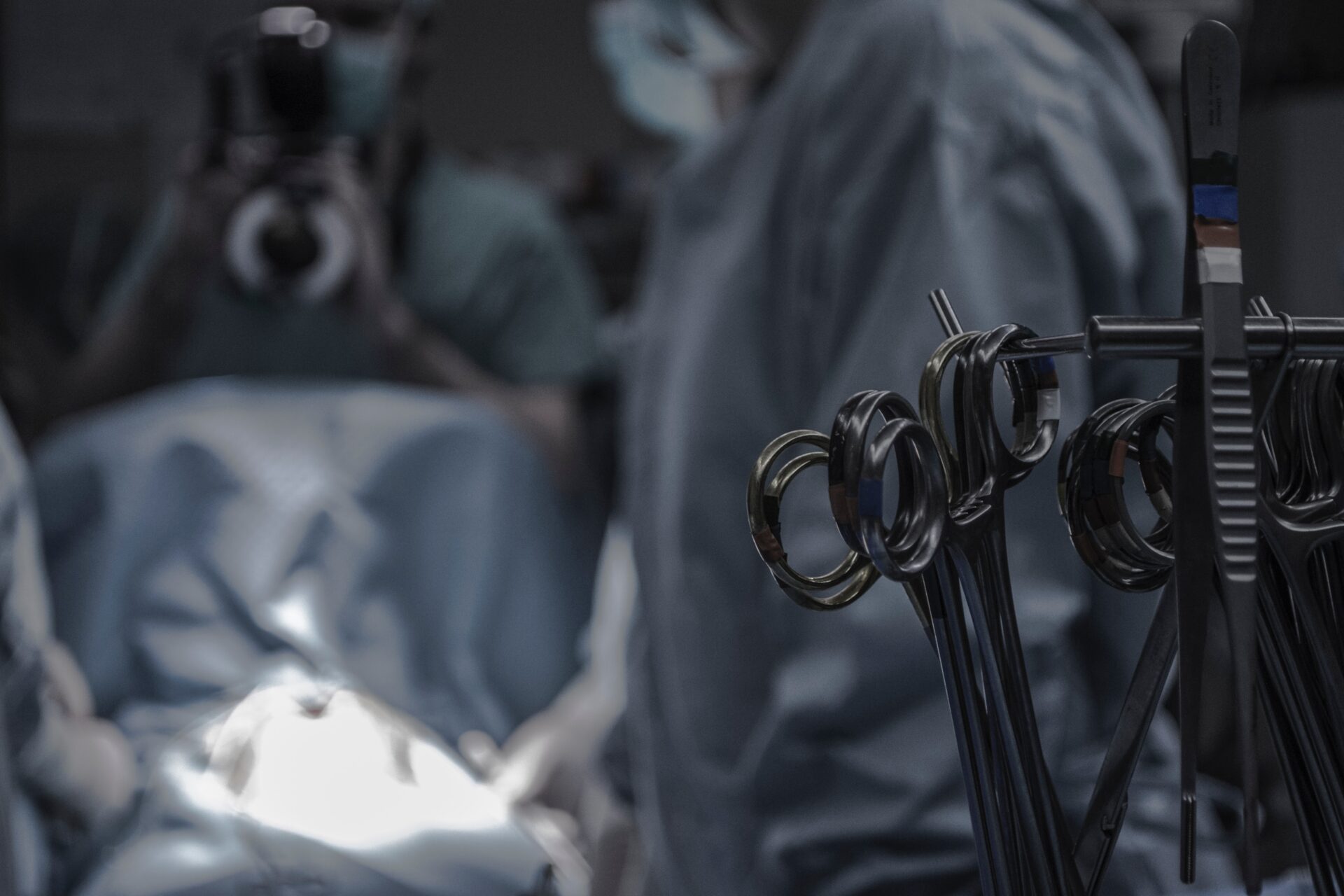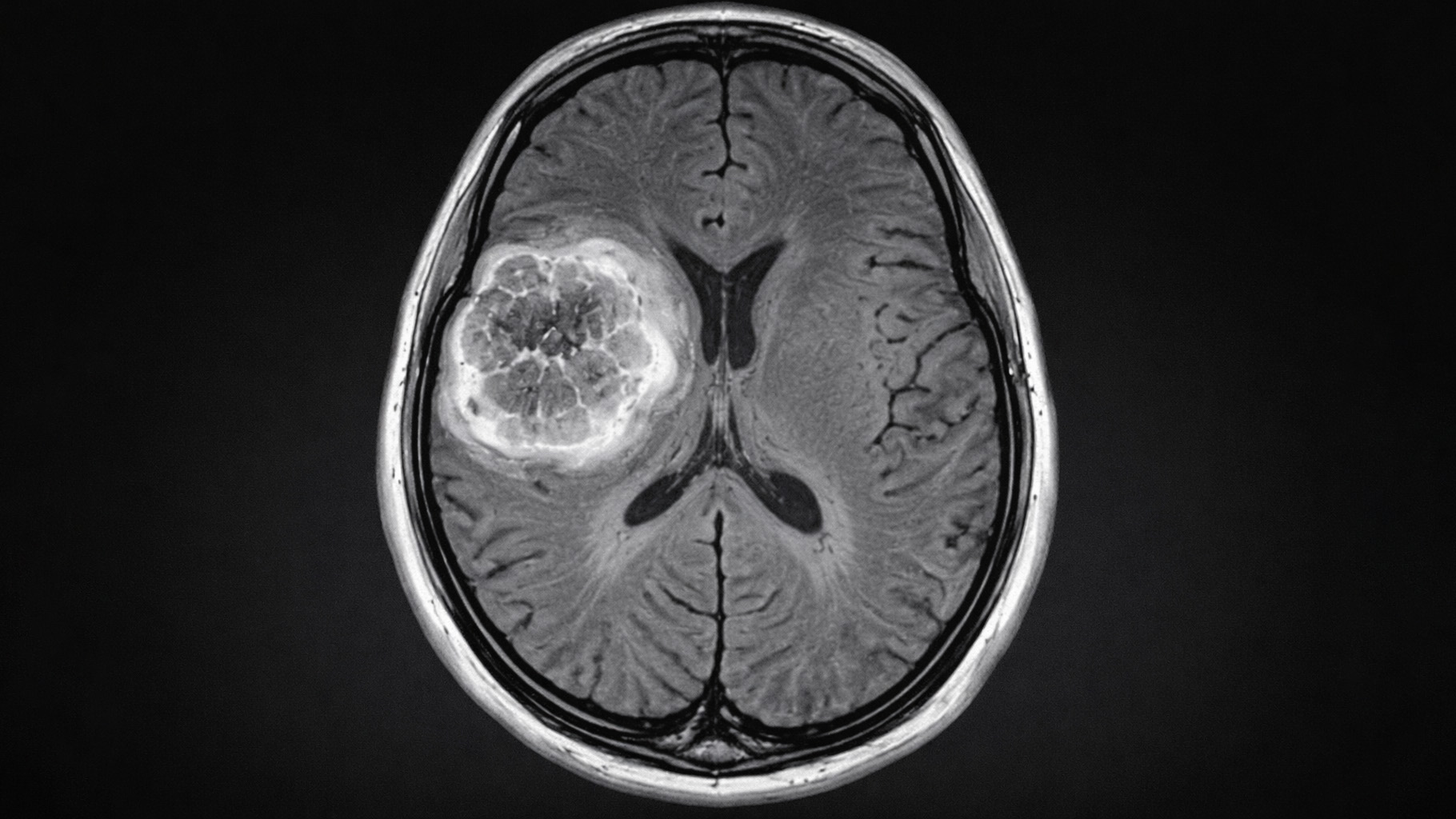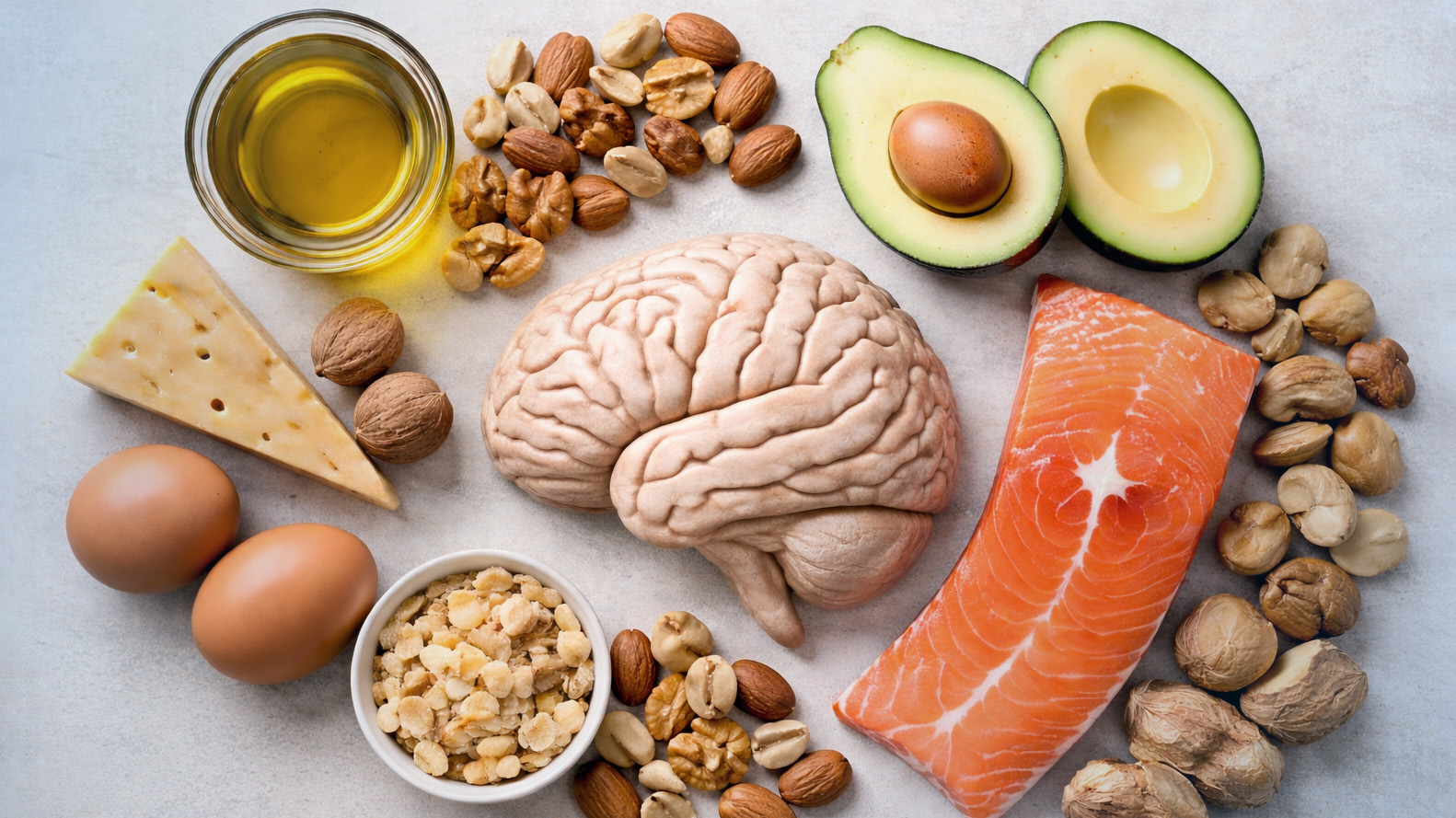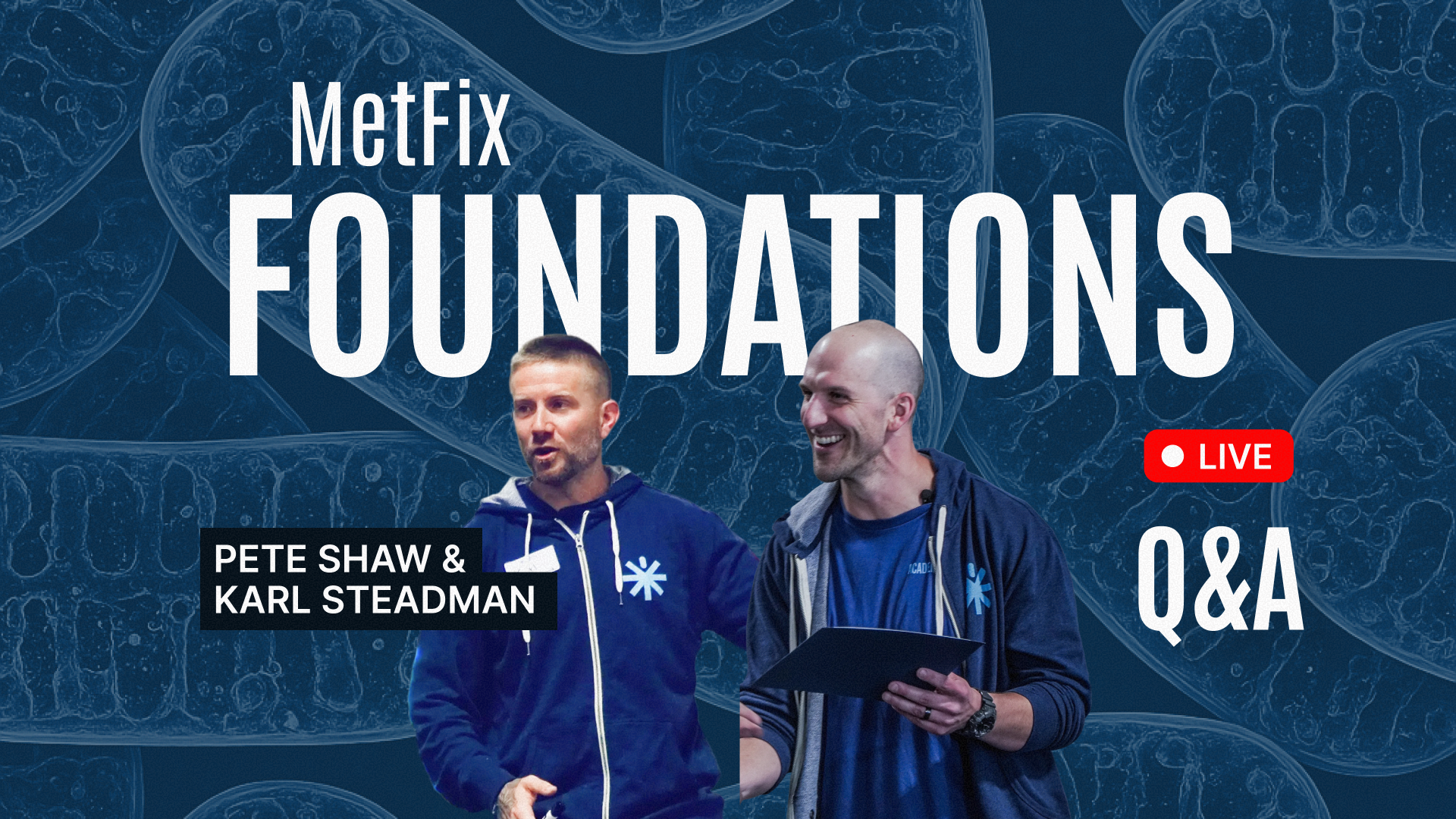This Vanity Fair article tells the story of an internationally renowned surgeon, Paolo Macchiarini, who met an NBC news producer, Benita Alexander, while her team was covering his work.
Dr. Macchiarini developed a novel method of coating trachea implants in a patient's own stem cells. This procedure intended to overcome a key difficulty in transplantation procedures: the patient's immune system usually rejects the foreign object.
When his procedure succeeded on a patient in Spain, it was heralded as a revolution in medicine. But as time went on, the procedure had mixed results. Some patients died only a few months afterwards. Macchiarini performed a transplant on a two-year-old girl, but she survived less than three months post-op.
Macchiarini was a larger-than-life character. He spoke several languages, had advanced degrees in biostatistics, organ and tissue transplantation, and life and health science. His career included professorships at universities in France, Germany, Russia, and his home country of Italy.
When he met Alexander, she was still covering his medical work for NBC. But the charming doctor swept her off her feet. She knew it was against every journalistic ethic to get involved with him, but she didn't feel her relationship would influence the story. While getting to know Macchiarini, he divulged many of his own personal secrets. He claimed to be a member of a group of elite doctors who treating celebrities and world leaders.
Together, they traveled the globe, ate at the finest restaurants, and went on lavish shopping sprees. He took Alexander and her daughter to Italy to meet his mother. It was a whirlwind romance. Shortly a year after they first met, he asked to marry her and she said yes. Their wedding was to be a lavish affair officiated by Pope Francis; attended by world leaders like the Clintons, Obamas, and the Putins, as well as celebrities; and catered by a three-Michelin star restaurant. Macchiarini set up Alexander with fashion designers to create the perfect wedding gown. Alexander informed NBC News that she would be leaving her job and moving to Spain to start a new life with her soon-to-be husband.
Months before the wedding, Alexander was told the Pope would be in South America at the time of the wedding. When she confronted her fiance, he insisted that the Pope would shorten his trip in order to attend the wedding. She didn't believe this and their relationship unraveled. A private investigator she hired confirmed that every detail of the wedding had been fabricated by Macchiarini.
Furthermore, it was discovered that Macchiarini was still married to the mother of his children. His CV was filled with lies and exaggerations as well. Many of his accreditations and advanced degrees (such as in biostatistics) had never been earned. He claimed to have been a full, tenured professor at several universities, but was at most an adjunct professor. A university in Italy discovered his deceptions, but fearing embarrassment, they decided not to fire or expose him. His tenure was revoked, but otherwise business continued as usual.
Whether or not Macchiarini's revolutionary stem cell procedure is valid or not is still a matter of open debate. What is not in dispute is his status as a con man of the highest caliber.
Paolo Macchiarini was a famous surgeon who invented a new way to make surgeries better by using a patient's own stem cells. He met a TV producer named Benita Alexander while she was producing a story about his work.
It is against the rules for journalists to date someone they are covering, but Alexander fell in love with Macchiarini. He took her on romantic trips, paid for expensive dinners, and brought her on shopping sprees. Eventually, he proposed and she said yes.
He told her lies about their wedding, including that the Pope and famous people would be there. She found out he was lying and broke up with him. She also learned he was already married.
At the same time, his medical work was seeing mixed results. At first, it seemed to be a major success, but patients began dying shortly after their procedures.
People then found out he lied about a lot of things - his education, his jobs as a professor, and more. He made up things to seem more important. Now people don't know if his stem cell surgery really works or if that was a lie too.
Dr. Paolo Macchiarini was an acclaimed surgeon who developed a new technique using stem cells to help patients accept transplanted tracheas (the windpipe in your throat). His method seemed promising when it worked on a patient in Spain. However, several patients later died within months of their surgeries.
Macchiarini met NBC producer Benita Alexander while she was covering his work. Though unethical, Alexander began a romantic relationship with him. Macchiarini claimed to be an elite doctor to the rich and famous. He showered Alexander with lavish gifts and trips as their whirlwind romance progressed. When he proposed marriage, she accepted.
Macchiarini lied that their wedding would be a huge event attended by world leaders and celebrities. He even said it would be officiated by the Pope. Shortly before the wedding, she found out the Pope would be in South America at the time of the wedding.
Alexander learned every detail about the wedding was a lie. She discovered Macchiarini was still married and that he had exaggerated or made up many of his educational and career accomplishments. Several of his advanced degrees were made up. He claimed he was a tenured professor at several colleges but he had never achieved that rank.
Now experts question if Macchiarini's stem cell technique was legitimate science or another lie. But there's no doubt he was extremely skilled at deception and manipulating people.
Let's start with the truth!
Support the Broken Science Initiative.
Subscribe today →
recent posts
And more evidence that victory isn’t defined by survival or quality of life
The brain is built on fat—so why are we afraid to eat it?
Q&A session with MetFix Head of Education Pete Shaw and Academy staff Karl Steadman



